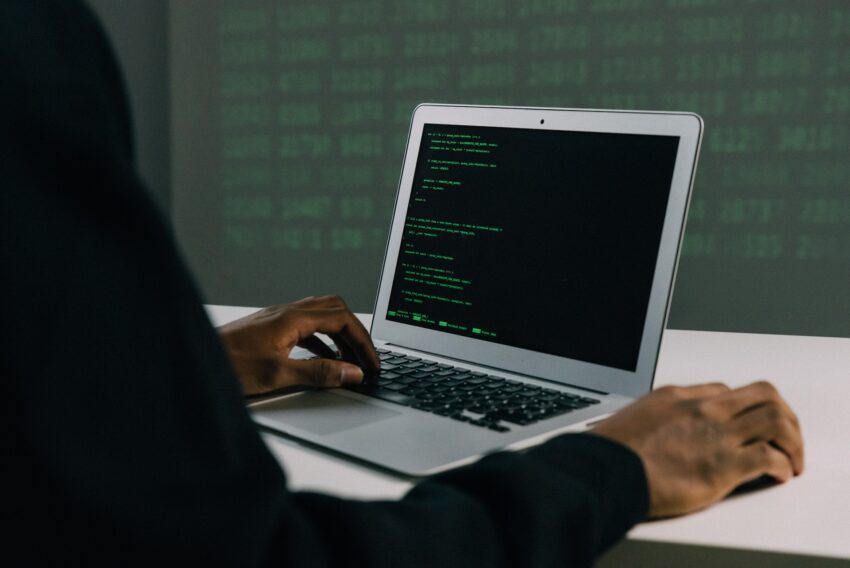You know it, and we know it. The digital world is not a safe place. In the past few years, there have been an increasing number of data breaches that have left users worldwide reeling from the implications. These breaches have disclosed the personal information of millions of people who may now be at risk for identity theft and fraud – or who have had their personal and financial information posted publicly online.
For many computer users, this has meant updating passwords and thinking about security in new ways, but for most of us, it doesn’t change our day-to-day computer usage habits. However, if you use a computer on a regular basis, protecting your data is essential to ensuring your safety and privacy online. Here are some tips on how you can keep your computer safe in the age of data breaches.
Use Encryption
Encryption is a method of protecting data by converting it into a code that’s unreadable to anyone who doesn’t have the key to unlock it. This can be applied to emails, photos, videos, or any other files you upload to your cloud storage.
If any of your files are encrypted, criminals won’t be able to read them if they get their hands on them through a data breach. While this won’t protect you from a breach, it will protect the information hackers steal from you. And it’s essential that you use encryption whenever possible, especially in today’s digital climate.
Install an ad blocker
Ads online are not only an annoyance, but they also put your computer at risk. Most advertisements are hosted on third-party servers, which means that your information is as vulnerable as if you were on any public network. This means that third-party servers can be hacked, exposing your private information.
Using an adblocker when you’re online can help avoid this. Ad blockers are software programmes that sit between your computer and the website you’re visiting, filtering out any ads you don’t want to see. Most ad blockers also have a built-in anti-virus feature that keeps your computer safe from malicious websites. Using an ad blocker will help keep your computer safe from malicious ads and protect you from third-party data breaches.
Get a VPN
A virtual private network (or VPN) is a programme that encrypts all the data coming and going from your device, routing it through a private server. By connecting to a VPN, any data you send over the internet will be encrypted, ensuring that if it’s intercepted by anyone, it will be unreadable.
Using a VPN will help keep your computer safe from third-party data breaches. It will also allow you to access websites and programmes that are restricted in certain countries. Plus, it’s a good idea to always use a VPN when you’re connecting to public WiFi.
Don’t use public WiFi
If you must connect to public WiFi, make sure you take certain precautions to keep your computer safe. For example, you should never access sensitive information like your bank account or email while connected to public WiFi. That way, if someone is monitoring the network, they won’t be able to see anything they shouldn’t.
Most public WiFi networks are unsecured, meaning that your information is at risk of being captured and stolen by anyone with malicious intent. You can mitigate this risk by using a VPN connection, but it’s also a good idea to lock down your computer with a password protection programme.
Lock down your computer with password protection
Password protection programmes lock your computer with a code every time it starts up. This will help keep unwanted users off your device by requiring them to input a password. Most computers have this feature built-in. You can activate it by going to your computer’s settings and clicking “password” or “login”.
Experts recommend setting a 16-digit password that includes letters, numbers, and symbols – and changing it every month. This will make it harder for hackers to break into your computer. It will also help protect you if someone tries to log in with your username or email address and password.
Conclusion
In the past few years, there have been an increasing number of data breaches that have left users worldwide reeling from the implications. These breaches have disclosed the personal information of millions of people who may now be at risk for identity theft and fraud – or who have had their personal and financial information posted publicly online.
For many computer users, this has meant updating passwords and thinking about security in new ways, but for most of us, it doesn’t change our day-to-day computer usage habits. Given the rise of data breaches, computer users must be more careful than ever about protecting their devices and ensuring their privacy. Luckily, there are plenty of ways to do this, from installing an ad blocker to getting a VPN and more.

